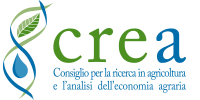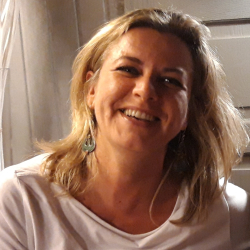ABOUT US




The iGUESS-MED proposal aims to develop a Decision Support System (DSS) able to effectively manage fertigation and prevent plant diseases and pests in tomato crops grown in soil and soilless in commercial greenhouses of the Mediterranean region. This innovative greenhouse DSS will be developed to (i) help greenhouse farmers to improve the management of fertigation in areas with low (saline) quality waters (ii) to reduce the use of chemicals by a sustainable and integrated pest and disease control and (iii) to improve the climatic efficiency in the existent greenhouse by low-cost climate actions. The DSS will allow obtaining healthier and higher quality productions and higher yields, while will reduce the use of water and the losses of nutrients and chemicals to the environment. iGUESS-MED will be able to manage efficient fertigation, to forecast diseases and pests, and to improve the climatic efficiency in tomato greenhouses, using only climate data acquisition and basic information on cropping system. The DSS will provide feedbacks and alerts about crop needs and real time recommendations to the farmers through friendly portable real time data visualization tools as PC, tablets or smartphones. To achieve this objective, new models for calculating crop evapotranspiration will be performed by integrating sensor data from plant, soil and climate, and forecasting models for assessing disease and pest risks will be developed by using the Integrated Pest Management. The project consortium (research centers, SMEs and end-users of EU and non-EU countries belonging to the Mediterranean basin) will collaborate from the beginning to make the DSS marketable involving, end-users and stakeholders to validate the system in own greenhouses, reducing gaps between research, application developers and farmers. The application of DSS will benefit the workers and the consumers, providing better working conditions, crop healthiness and reduction of environmental impact.








